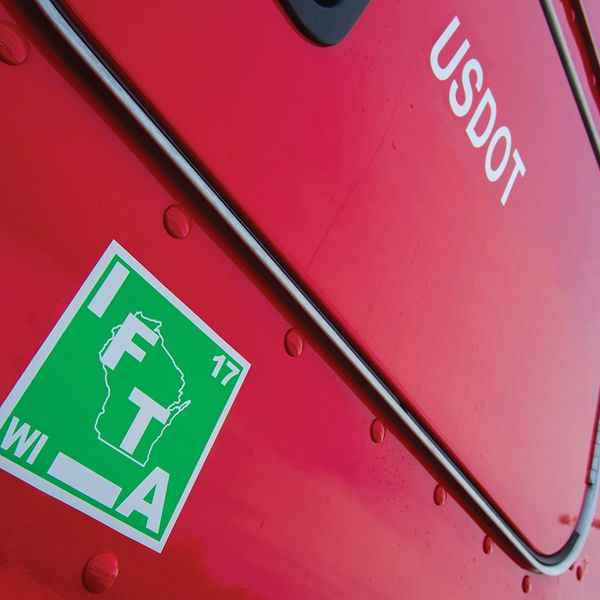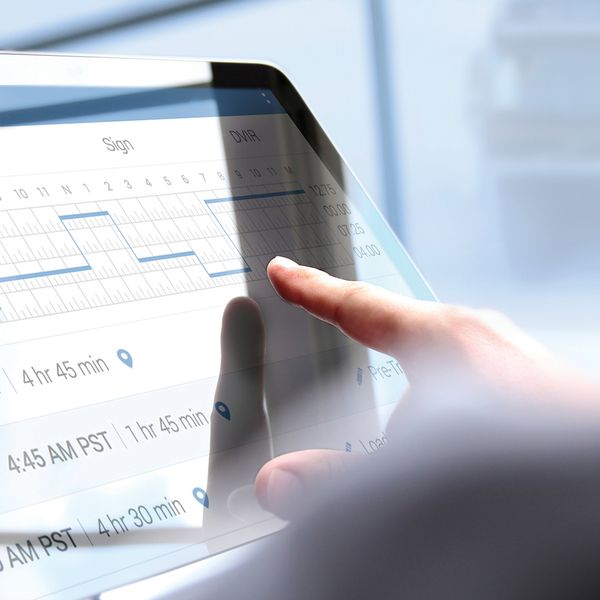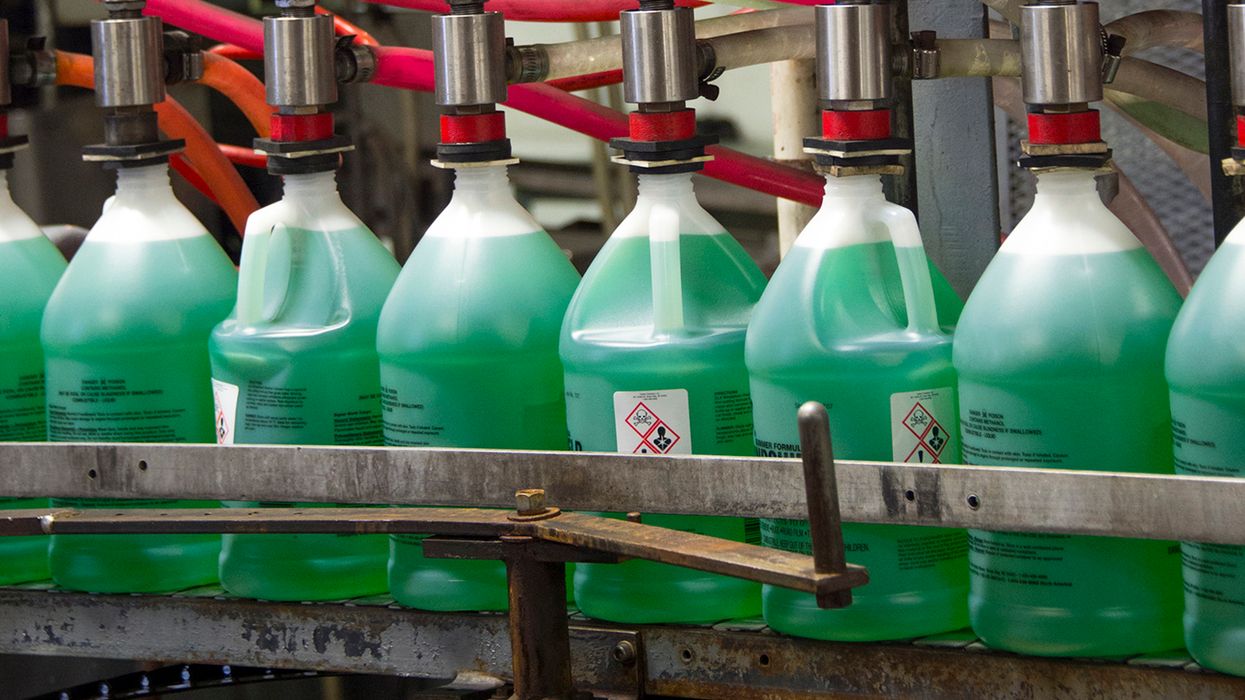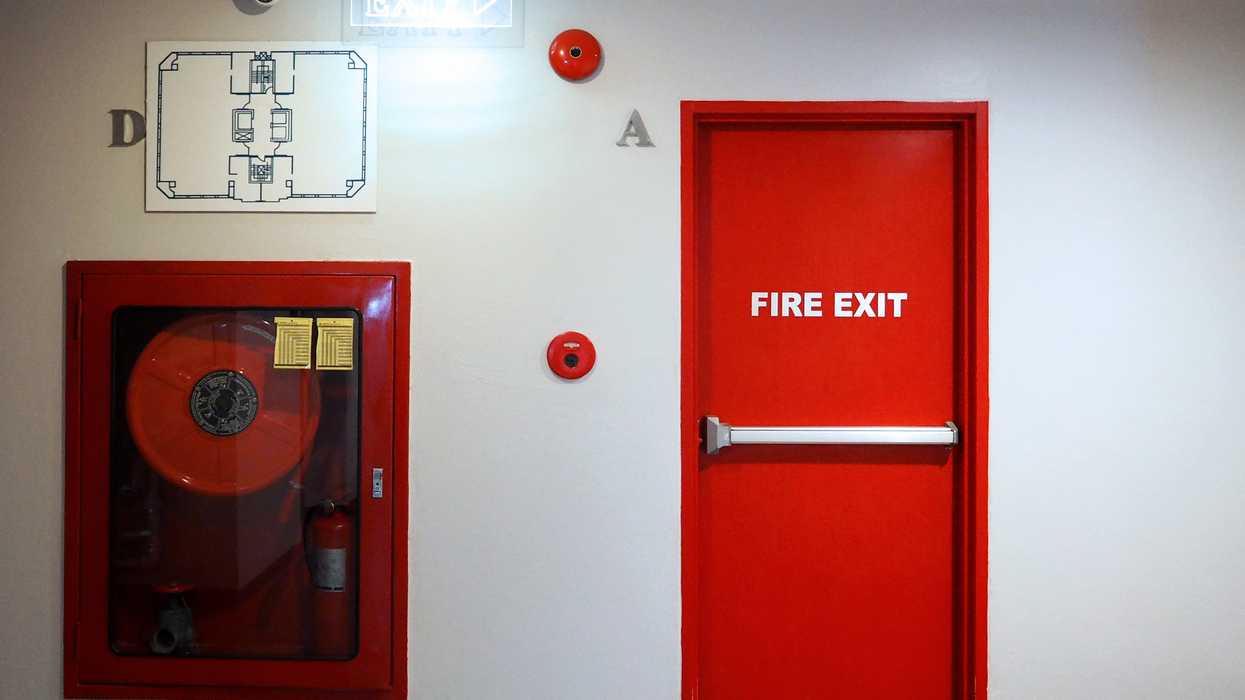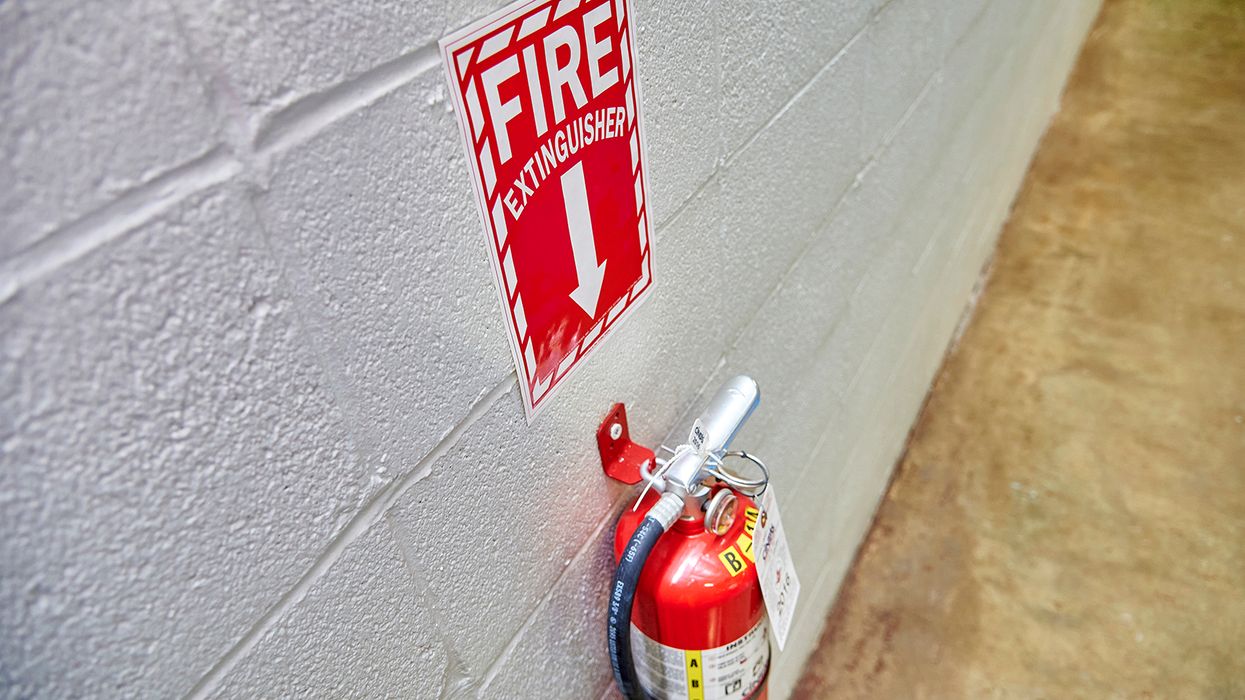Did you know that mileage records changed on January 1?
Part of our job as editors is to present webcasts about the regulatory program areas we cover. Interaction with attendees often proves to be illuminating. Such is the case with recent webcasts about recordkeeping changes under the International Fuel Tax Agreement (IFTA) and International Registration Plan (IRP).
To gauge audience awareness of the change, I’ve been posting the following poll during webcasts since mid-2023:
How much do you know about the January 1 electronic recordkeeping changes?
- This is the first I am hearing about them.
- I heard about them but don’t understand the details.
- I know all about them and my systems meet the new requirements.
- I keep manual records, so this does not apply to me.
Well over half of attendees have been choosing the first answer, even in a webcast as recent as April. With so many regulations to keep track of, details like these can often slide under the radar.
If that was your answer, too, here’s the scoop. For distance tracking under IFTA and IRP, you can use either:
- Paper logs, or
- Electronic systems (electronic logging devices (ELDs) or global positioning systems (GPS)).
If you use electronic systems, as of January 1 of this year distance records (pings) must be created and maintained at least:
- Every 10 minutes when the vehicle’s engine is on for IFTA, and
- Every 15 minutes when the vehicle’s engine is on for IRP.
The records must contain the following data elements:
- The date and time of each system reading;
- The latitude and longitude to include a minimum of 4 decimal places (0.0001) of each system reading;
- The odometer reading from the engine control module (ECM) of each system reading. If no ECM odometer is available a beginning and ending dashboard odometer or hubodometer for the trip is acceptable; and
- The vehicle identification number or vehicle unit number.
The data must be in an accessible electronic spreadsheet format (XLS, XLSX, CSV, or delimited text file).
If you use ELDs or GPS to track your IFTA and/or IRP mileage, don’t wait any longer. Communicate with your service provider to make sure your system meets the new standards.





